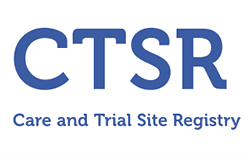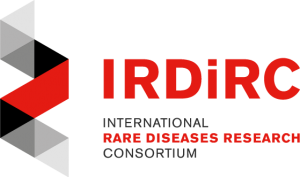Authors
Peter M. Burch, Oksana Pogoryelova, Joe Palandra, Richard Goldstein, Donald BennettLori Fitz, Michela Guglieri, Chiara Marini Bettolo, Volker Straub, Teresinha Evangelista, Hendrik Neubert, Hanns Lochmüller, Carl Morris
Journal
Journal of Neurology, volume 2017,
Publication date
January 2017
Abstract
Myostatin is a highly conserved protein secreted primarily from skeletal muscle that can potently suppress muscle growth. This ability to regulate skeletal muscle mass has sparked intense interest in the development of anti-myostatin therapies for a wide array of muscle disorders including sarcopenia, cachexia and genetic neuromuscular diseases. While a number of studies have examined the circulating myostatin concentrations in healthy and sarcopenic populations, very little data are available from inherited muscle disease patients. Here, we have measured the myostatin concentration in serum from seven genetic neuromuscular disorder patient populations using immunoaffinity LC–MS/MS. Average serum concentrations of myostatin in all seven muscle disease patient groups were significantly less than those measured in healthy controls. Furthermore, circulating myostatin concentrations correlated with clinical measures of disease progression for five of the muscle disease patient populations. These findings greatly expand the understanding of myostatin in neuromuscular disease and suggest its potential utility as a biomarker of disease progression.
DOI link
10.1007/s00415-016-8379-6



